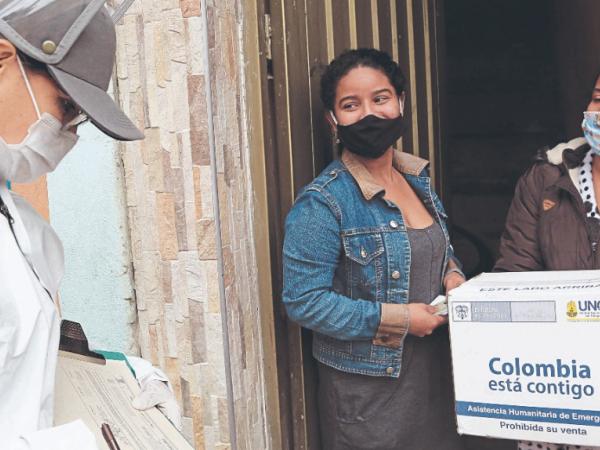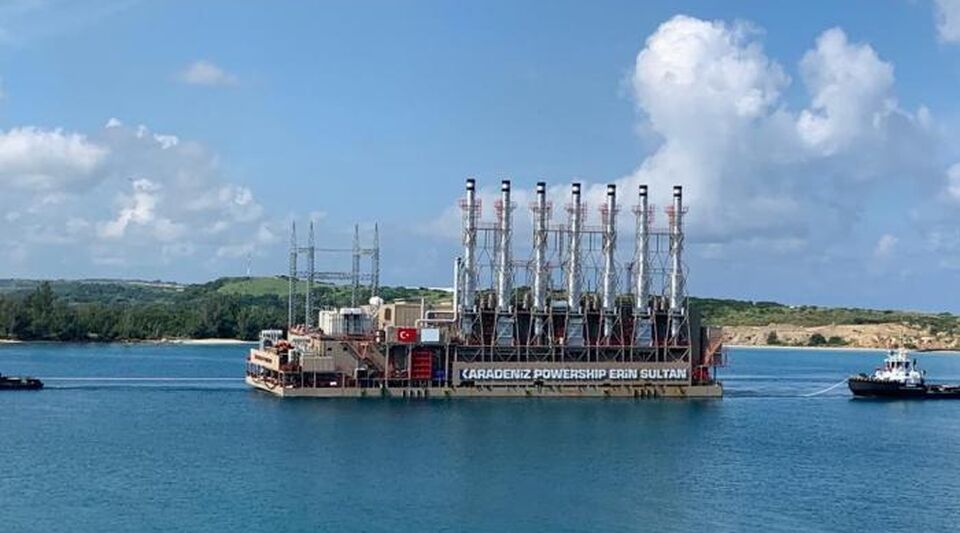The economic crisis that brought the pandemic directly impacted the most vulnerable households, which implied the need for more social assistance. Although cash transfer programs have been in place for more than 20 years with the aim of overcoming poverty, in the last 20 months as a result of covid-19, investments have increased.
(How to know if solidarity income will arrive in January and February).
According to the Department of Social Prosperity (DPS), Throughout history, $ 59.07 billion have been invested, of which $ 23.9 billion have been allocated since March 2020 and with a cutoff of December 17 of this year, which represents 40.4% of total investments in programs such as Familias en Acción, Jóvenes en Acción, Colombia Mayor, Ingreso Solidario, and VAT Compensation.
A program that emerged with the pandemic was precisely Ingreso Solidario. To date 3.08 million people have benefited, with transfers for $ 10.35 billion, and despite the fact that it did not arise with the pandemic, Another relatively new program that has helped households in the last two years is the VAT compensation for low-income households, which was created with the tax reform approved in December 2019.
According to the DPS figures, investment in this program currently amounts to $ 1.27 trillion, and 2 million people have benefited.
“The monetary transfers made by the Government during the pandemic, including Solidarity Income, have contributed to reducing the incidence of poverty in the country”, assured Susana Correa, director of National Planning.
According to Correa, the 2020 monetary poverty figures from the Dane detail how the total of institutional aid “They prevented monetary poverty from increasing by 1.8 million people and 2.3 million people falling into extreme poverty.”
The program that has had the most total investments is Familias en Acción, which was designed and launched in 2000, for which the State has allocated $ 26.68 billion in the last two decades, of which $ 5.28 billion have been delivered since March of last year.
(Don’t tell me: that’s how they cheat under the name of Ingreso Solidario).
Along with this was also born Youth in Action, which accumulates transfers of $ 3.5 billion, of which $ 1.8 billion have been delivered since March of last year, while Senior Adult, the assistance program for the elderly that emerged in 2003, collects $ 17.2 billion in money transfers, of which $ 5.2 billion have been allocated since covid-19 arrived in the country.
According to Correa, in the government of Iván Duque, $ 28.5 billion have been delivered for the care of more than 10 million beneficiaries and in Colombia there are about 14 million homes, which implies that more than half of the households are reached with cash transfers administered by Prosperidad Social.
(‘Solidarity Income could be temporary’: Minister of Finance).
MASSIVE ENTRIES
Although a new program was born with the pandemic, Solidarity Income, and at the same time the most vulnerable were cared for with the VAT refund, the situation also allowed the other three existing programs to be promoted. After 9 years without being able to make massive registrations to Familias en Acción, in 2020 the program was redesigned and registrations began throughout the national territory. Of the five programs, three are unconditional cash transfers: Solidarity Income, VAT Refund and Colombia Mayor, and two conditional on compliance with commitments, one in health and education, Familias en Acción, and another in higher education, which is Jóvenes en Acción.
LAURA LUCÍA BECERRA ELEJALDE







